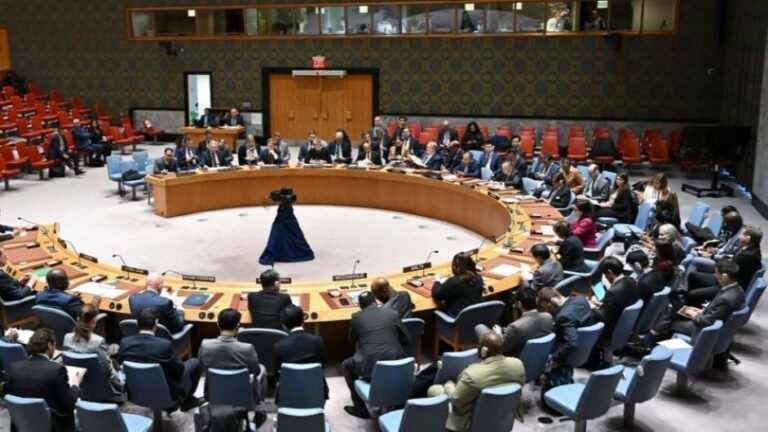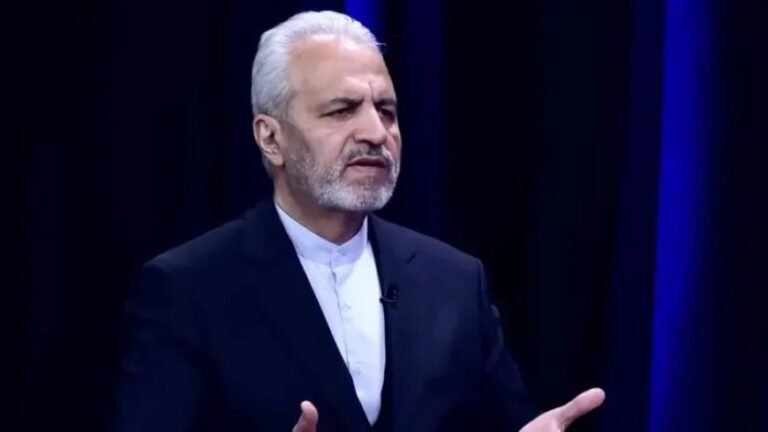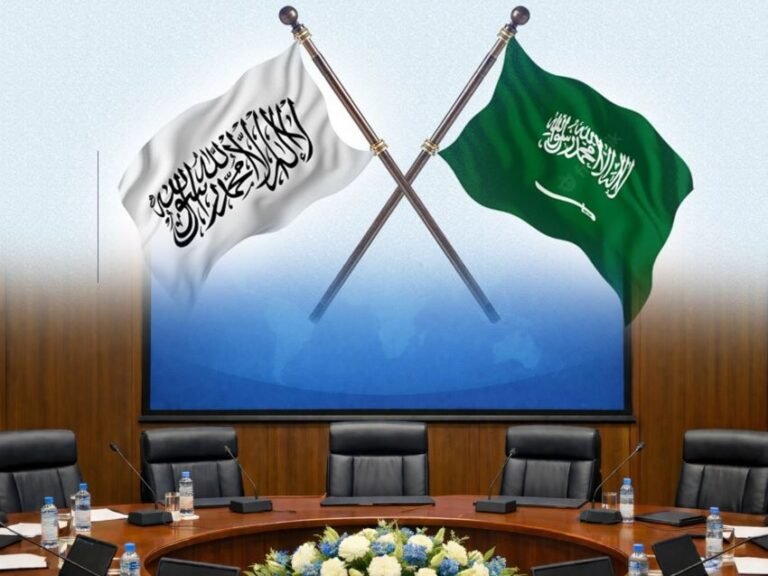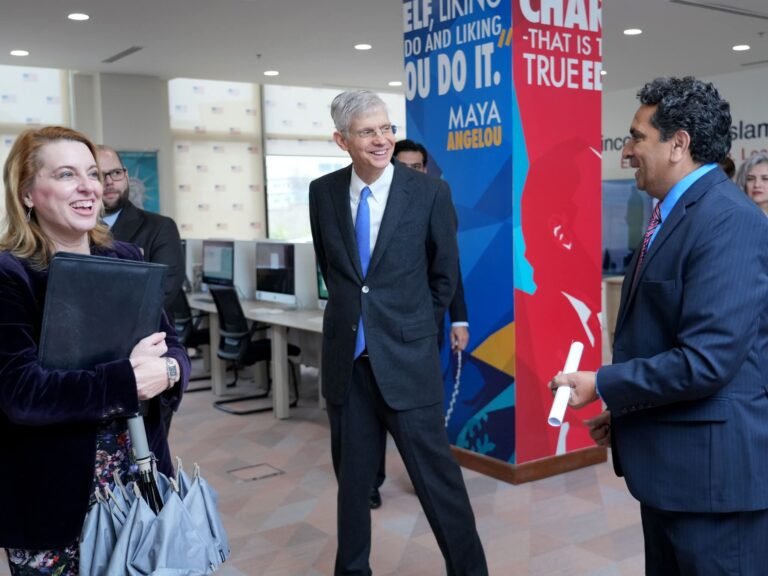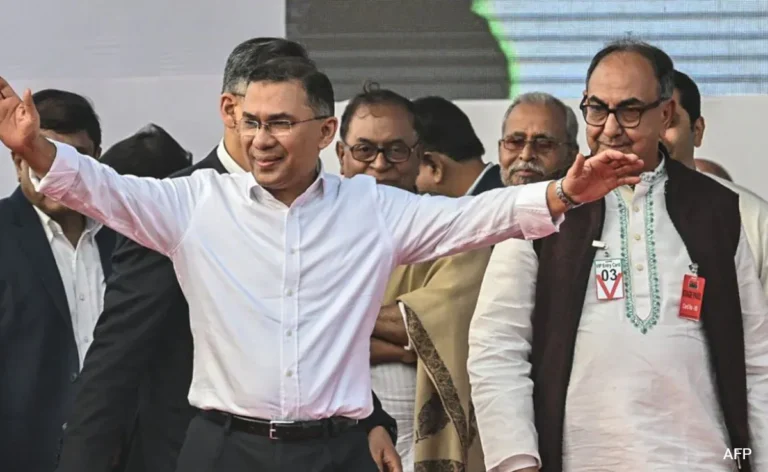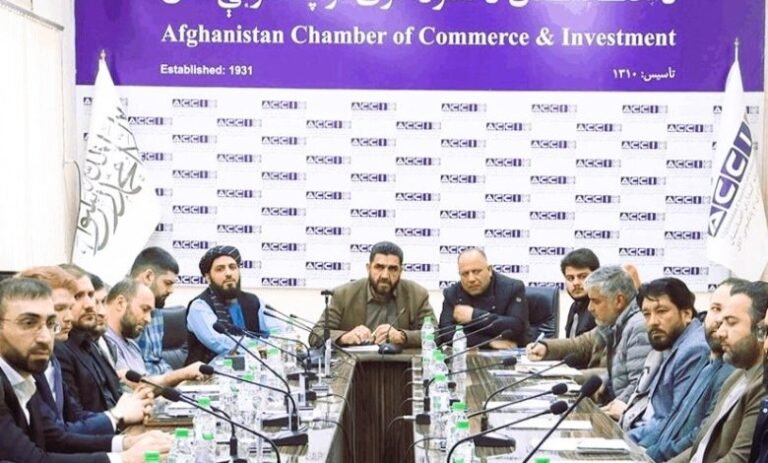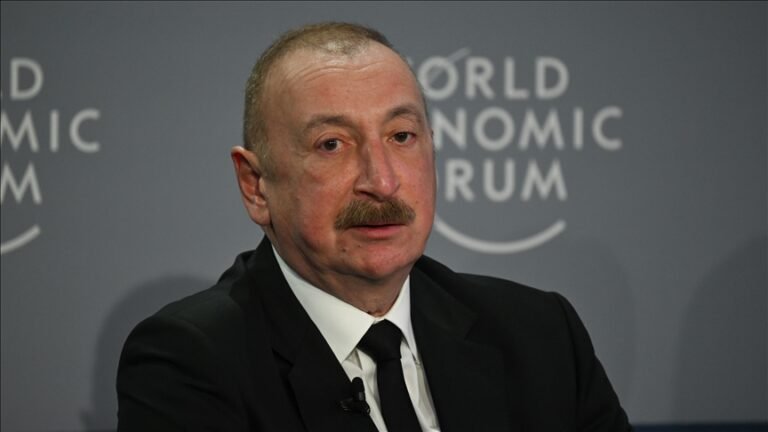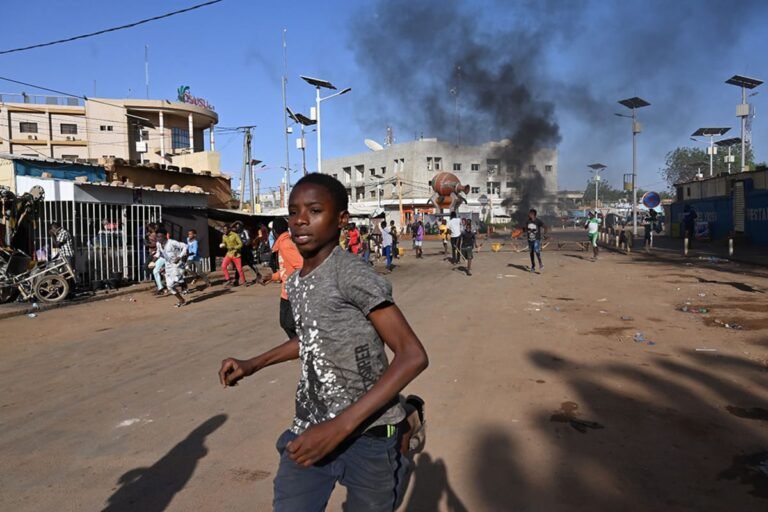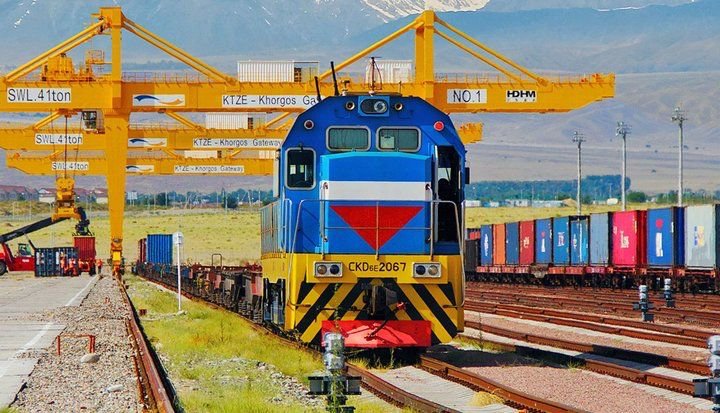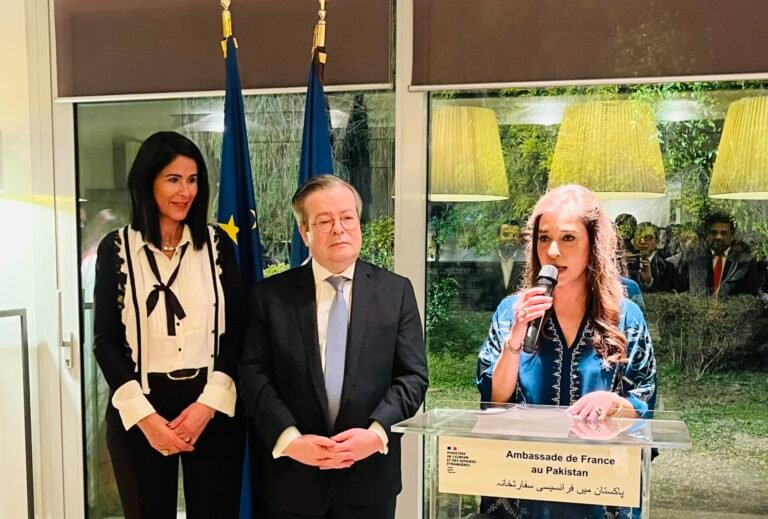Kuwait City, 26 February 2022 (TDI): Kuwait celebrated 61 years of national independence since 1950. Kuwait’s National Day commemorates every February 25th the ascension to the throne of Sheikh Abdullah Al-Salem. In this line, yesterday wasn’t the exception and the Kuwaiti government and population celebrated its day joyfully.

Kuwait’s National Independence Day
Along these lines, Kuwait has an amazing history of patriotism and development. The small fishing village is now top trading and a boast country. However, what hasn’t changed throughout the years, is Kuwait’s cultural essence and population.
Besides, after Kuwait was established during the 17th century, the Al-Sabah family led the country. This continues to this day and started when Kuwait people gained their independence from Britain.

Specifically, on June 19th, 1961 when Kuwait should celebrate its independence day. However, due to the season heat of June, the government moved the commemoration date. In this regard, the Kuwaiti government decided to change the national independence day to February 25th when Sheikh Abdullah Al-Salem Al-Sabah came to power.
Kuwait National Day Celebrations
Furthermore, the Kuwait population enjoys their national independence day by participating in different activities. For example, something really common is to gather at famous beaches, parks, and restaurants. In this line, Messila Beach and Al-Sha’ab Leisure Park are the favorite places for Kuwaitis to visit on February 25th.
Moreover, all cities across the country are decorated with lights and balloons as well as cars and buildings. Every place in the country has a national flag and emblems to show its patriotism.

Besides that, people go to parks to do picnics, children play with water balloons and guns, and many Kuwaitis dress up for the occasion. In this line, they make their traditional dresses and take their celebrations through the sea.
In other words, they pay respect for their country and with boats, jets, among others, hold the flags and balloons and leave them in the center of the sea. Not to mention, at the end of the day, a great parade of fireworks takes place all across the country.
61st Happy National Day KUWAIT❤ #kuwaitnationalDay 🇰🇼❤ pic.twitter.com/a9WsPEV7aW
— Kuwait National Day (@DayKuwait) February 25, 2022
Kuwait, a History of Impressive Worldwide Development
On the other hand, Kuwait’s story of progress draws attention to the international community. The country is part of the world’s sixth-largest oil reserves. Not to mention, Kuwait as a developed state has the most valuable currency worldwide in addition to leading the Human Development Index ranking.
To be more specific, Kuwait’s economic development creates differences between Arab countries. That is how Kuwait pursued radical changes by the mid-1980s to increase its population income.
Therefore, by that time, Kuwait was refining four-fifths of its oil domestically and marketing some 250,000 barrels a day. Not to mentioned it surpassed years after and make Kuwait one of the highest per capita incomes in the world.
Kuwait Government and Politics
Aside from that, the Kuwait government is conservative but open to establishing as many diplomatic ties with its counterparts. For this reason, Kuwait characterizes for providing generous materials for its population for their daily life.
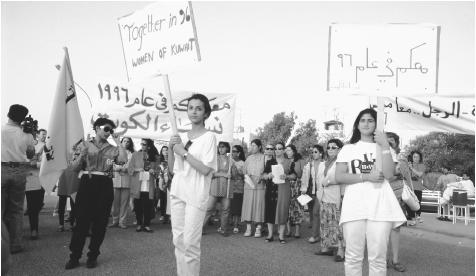
Besides that, the country has faced important challenges such as the conflict against Iraq and the reforms for women’s suffrage. Thus Kuwait society is qualified to be a stronger pillar for the region as the State remains stable during the years.
Kuwait Demography
In the same line, Kuwait used to have many societal divisions. In fact, since its creation and especially during Kuwait’s trade entrepôt, the merchant oligarchy is the most important. However, as the country became a diversified culture, this old class structure is less pronounced.
That is why Kuwait people born in the country are the minority. The ethnic groups with more numbers are foreign workers. Mainly those who came following the Iraqi invasion in 1990. Furthermore, two-thirds of the population are expatriate workers, formerly from other Arab states. These include South and Southeast Asia.
In this line, naturalization is strictly limited to Arabs. They are mostly part of the Bedouin ethnic group spread all over the Arab region. That is why the official language in Kuwait is Arabic with a dialect of Gulf and Modern Standard Arabic. Nonetheless, English is the second language taught in schools.
In brief, Kuwait celebrates its National Independence Day with pride. They pay tribute to their ancestors who made a sacrifice for the country’s development. They acknowledge their history and commemorate the day with family and friends.
BA Candidate in International Relations and International Business at Universidad San Ignacio de Loyola (Peru) and San Ignacio University (USA). Interested in international security and policy affairs.
- This author does not have any more posts.



